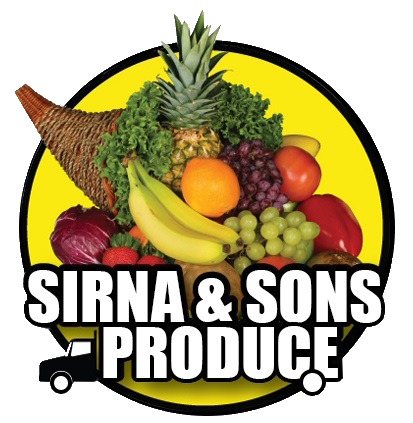
Produce 101
Are you getting the most from your produce?
Fruit and vegetables are the most wasted food. Whether its bananas turning bad or tomatoes going soft, everyone has had to throw away some of their produce at least once. But it’s easy to keep them out of the trash! Here are some quick tips that will help you take care of your fruit and vegetables.
Cleaning
While it’s important to wash produce before you eat it, it’s best to store it unwashed. Too much moisture can cause fruits and vegetables to go bad quickly. Wait until you’re ready to eat them before you wash them.
Refrigeration
Different fruits and vegetables should be stored in different ways. Vegetables generally need one of four types of storage:
cold (32-39°F), moist storage
cool (40-50°F), moist storage
cold (32-39°F), dry storage
warm (50-60°F), dry storage
Cool, Dry Storage
Certain types of produce are best left out of your refrigerator. Instead, they should be stored in a cool dry place. In particular, tomatoes may lose flavor and nutrients when you refrigerate them. They can also develop an undesirable texture.
Produce that does best in cold, moist storage includes:
apples
broccoli
carrots
lettuce
eggplant
.
Produce that does best in warm, dry conditions includes:
hot peppers
pumpkins
winter squash
sweet potatoes
Produce that does best in cold, dry storage includes:
garlic
onions
Produce that does best in cool, dry storage includes:
tomatoes
bananas
potatoes
lemons
limes

Storage Tips…
In general, avoid washing fruits or vegetables until ready to eat. Some fruits and vegetables emit ethylene gas as they ripen, which hastens the ripening of certain other produce items. It’s a good practice to store these ethylene emitters away from everything else: Apples, apricots, avocados, cantaloupe, figs, honeydew, unripe bananas, nectarines, peaches, pears, plums and tomatoes.
Most fruits ripen best at room temperature. Once ripe, store fruit in the refrigerator in a plastic bag
Berries, cherries, grapes and figs need to be refrigerated immediately. Discard any moldy berries before refrigerating and store loosely in a shallow container covered with plastic wrap
For vegetables, remove or loosen tight bands and store in plastic bags
Separate root vegetables (radishes, beets, turnips, etc.) from their greens and store each separately in plastic bags. Most greens from root vegetables will stay fresh about 3 days


